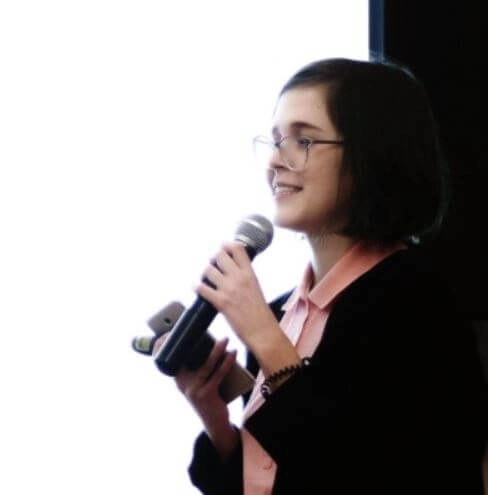

Digital healthcare news — July 2019
- Digital healthcare industry: rock health midyear and breaches
- First three digital health IPOs after three years of drought (™)
- Fundings in digital health startups
- Launches, planned launches, and updates
- New partnerships and collaborations
- News from science: artificial vaccine, loneliness prediction, and more
- Great, but uncategorized healthcare news
- What to read in July 2019
- What to listen in July 2019
Recently, we started posting weekly digital healthcare news on YouTube. Now, it’s time to summarize brilliant, shocking, and, in general, attention-worthy news of July in our monthly digest.
Digital healthcare industry: rock health midyear and breaches
Rock Health released midyear digital health market update. The market is growing, indeed.
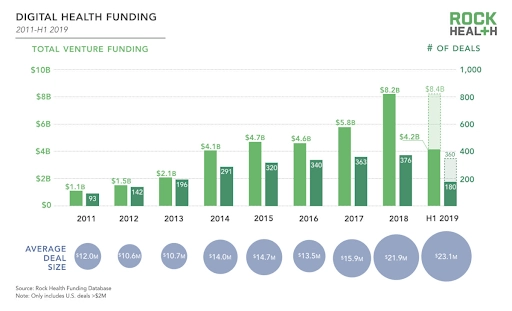
Machine learning, high-quality imaging, and huge interest of investors fuel breast ultrasound market.
Big data in healthcare, on the other hand, is forecasted to reach $34.27 billion by 2022 and will be worth more than $68 billion by 2024. The reason is large investments in EHRs and practice management tools within North America.
Healthcare loses 60% more costs to data breaches than other industries. It takes organization 236 days to detect a breach.
McKesson acquired Echo, NHS prescription reminder and tracking app. Sum of the deal is unknown, but McKesson (and LloydPharmacy, that is owned by it) and Echo are delighted to create new experiences for patients.
First three digital health IPOs after three years of drought (™)
Livongo, a company that develops solutions for chronic disease management (diabetes, in particular) raises over $355 million in its IPO.
Health Catalyst, another healthcare company that provides hospitals with data analysis tools raised $180 million.
Castle Biosciences, a dermatological cancer company that develops genetic tests for cancer diagnostics, also went public and raised $73.6 million in its IPO.
Last year, Rock Health conducted solid research addressing the possibility for healthcare to become an investment bubble (when an industry has a lot of funding but the exit market isn’t that great — and the conclusion was “no”), and 2019 starts to prove them right: exits are pretty hot.
Fundings in digital health startups
Benchling who provides software for managing life sciences research gets $34.5 million. (Because it’s time to digitize labs, folks!)
Hello Heart collects $12M for their chronic disease management platform. It covers tracks hypertension, blood pressure (through Bluetooth), and blood sugar, helping users manage cardiovascular diseases.
Tivic Health Systems raised $8 million in the seed round. They develop non-invasive devices for sinus pain relief.
UpLift, an app that helps people fight depression, raised one more million to continue spreading inspiring notes of cognitive-behavioral therapy in people’s smartphones.
Healthtech platform Halodoc also gets a lot of funding — almost $100 million. It connects patients to doctors (telemedicine), enables meds and home labs delivery services across 50 cities and, in general, make Indonesia healthcare more accessible and simple.
Launches, planned launches, and updates
Google Nest will provide people and families impacted by paralysis with 10.000 free Google Home Minis through the Christopher & Dana Reeve Foundation. Devices will help people with paralysis complete routine tasks through their voice—turn on lights, check the door, etc. #PowerOfVoice
Pinterest launches “compassionate search” to address people who look for emotional health-related things in the app. The new feature will offer users guided activities that will help them relax, reduce stress, and, generally, feel better.
Emis Health’s Patient Access adds to their booking feature community pharma services, including paid ones. Now, users can schedule flu and travel vaccinations, use stop smoking services, and get access to meds reviews.
CMS launches program Data at the Point of Care with API that will provide doctors access to their patients’ medical info, including past diagnosis, tests, and trends. API will connect to technologies doctors are already using.
Walsall Healthcare NHS Trust will create a clinical and administrative system that is planned to revolutionize care delivery. Among wanted features: business intelligence, patient kiosks, API to integrate with PAS, tools for nurse self-management, etc.
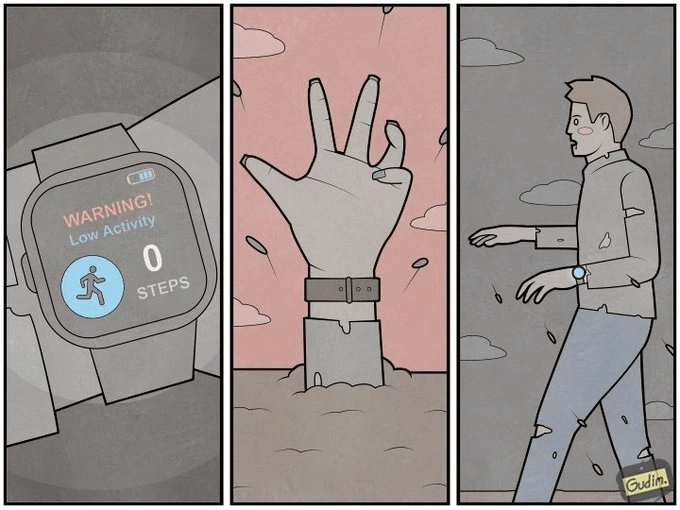
Eko Devices, a startup-partner of Mayo Clinic, plans to build a service Eko Home. It will combine data from real-life monitoring of ECG and heart sounds and clinical data to discover and test new drugs.
App Drinks Meter that was called “most informative drinking buddy” gets new functionality. Now, it includes drink tracker, pouring tool, tools for detection harmful drinking habits, and support services.
New partnerships and collaborations
RiteAid partners with RediClinic Express to install telehealth kiosks in Rite Aid stores. Patients will be able to schedule appointments, talk to doctors via video and audio, get diagnosis and prescription right in the stores.
Uber Health will integrate with Henry Schein Medical and Medpod. Uber Health will provide MedPod access to a browser-based online dashboard and connect to Medpod’s telediagnostic platform. Doctors will send drivers to patients or provide healthcare services in a car, via telemedicine. Plus, partner drivers will be provided with MobileDoc 2, a mobile microcart (aka suitcase) with medical devices.
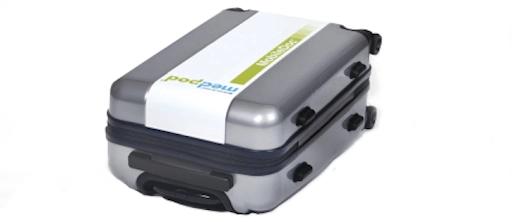
ParkinElmer (who offers immunodiagnostic testing and clinical genomic program) and EverlyWell (who offers consumer health products, tests in particular) announced a partnership to drive health testing at home. First fruits of collaboration are Lyme disease and food sensitivity tests.
Somerset Partnership NHS Foundation Trust will integrate Servelec’s Flow, patient and bed management solution, to 13 hospitals. The goal is to optimize working with Rio (hospital’s EPR).
DeepMind’s Streams app for e-alerts saves the Royal Free London NHS £2,123 per patient. It streamlines responses to urgent cases of acute kidney injury.
News from science: artificial vaccine, loneliness prediction, and more
Five million NHS patients will give their genomic info for analysis to Accelerating Detection of Disease (ADD) program. Their data will be harnessed and analyzed by AI to develop personalized treatment programs and new diagnostic tools.
Engineers from Tufts University have developed a 3D printed pill that can sample bacteria in the gut while passing through.
Artificial intelligence developed a flu vaccine. Straight from Australia: a bit of machine learning, a bit of testing, — and here we go. Feel threatened yet?
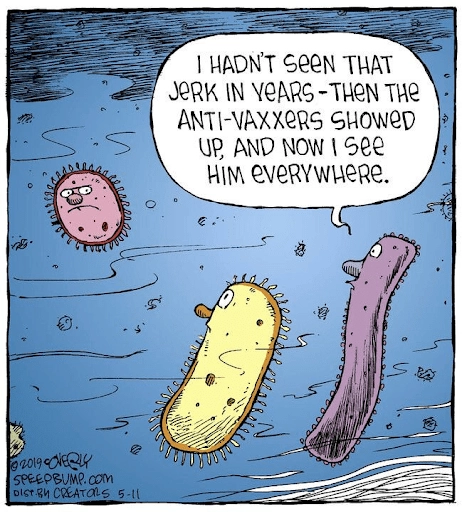
Also, AI reduces time for clinical trial patient screening by 34%.
Data from smartphones and Fitbit may help identify and predict loneliness. Trials were performed on students.
Scientists can capture sleep-wake cycles by when people touch the touchscreen of their smartphones while sleeping.
Great, but uncategorized healthcare news
PainCheck, an Australian app that uses facial recognition to recognize signs of pain, got US patent for this technology. A company will be a monopolist in the field until 2037.
Now 40 million patients can access their medical data through Open Notes.
What to read in July 2019
A men-in-black-kind nerdy scientific read kind of news: memory editing from science fiction to clinical practice.
A wonderful read on how scientists create brain maps through MAPseq. Now they can track projections of thousands of neurons in a single week. That has the potential to deepen understanding of neurological and psychoneurological disorders.
Know how WizzKid used SMS to remind patients with HIV to take their ARV meds in time and decreased the number of missed doses.
Do you know what happens to your medical data after you die? People in The Medical Futurist do.
There might be bias in how Fitbit and other wearable devices track data in people of color.
And, finally, the Drug Enforcement Administration made data about opioid pain pills distribution in 2006-2012 years public. Spoiler alert: 76 billion pills — and the amount of distribution was increasing every year.
What to listen in July 2019
Complicated healthcare questions, explained, in Healthcare Weekly podcasts:
- Find out if a smart pill dispenser improves outcomes of pharmaceutical trials? With James Burnstope, Elucid Mhealth CEO.
- Do you know how AI can detect brain deterioration on early stage? Romas Sawyer, COO in Cognetivity does.
Listen to Americal Healthcare entrepreneurs Relentless Health Value podcasts:
- Learn how to improve healthcare value by asking questions with Derek Winn (Co-founder at Distilled Concept)
- Talk with Liliana Petrova (CEO/Founder of The Petrova Experience) on perfect simplicity in customer experience — in healthcare and travel.
- Discover who are the “right providers” that can maximize healthcare value with Suzanne Clough (MD, CMO at ArmadaHealth)
- Listen to the talk on customer experience, trust, and health with Claire Sporton (Confirmit).
That’s it! If you want us to include news from your business, send us a word via email or our social media!
Tell us about your project
Fill out the form or contact us

Tell us about your project
Thank you
Your submission is received and we will contact you soon
Follow us
